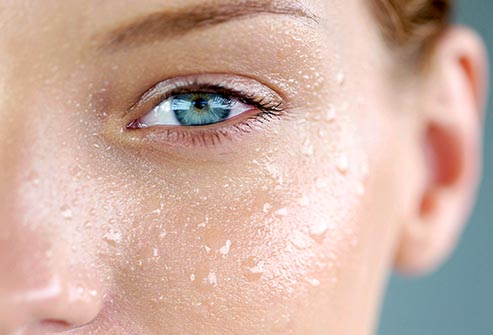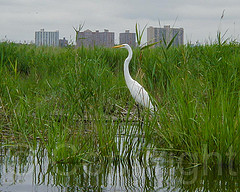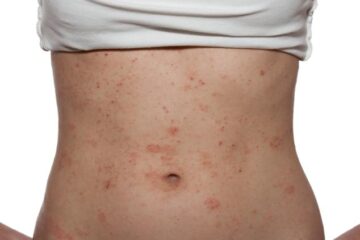Hard Water and the Health of Your Skin

Hard water is simply tap water that contains a high concentration of minerals. Your water could contain high levels of magnesium and calcium. This happens when groundwater runs through chalk or limestone. In some areas, your hard water could also contain manganese, aluminum and iron. If you do in fact have an excess of these minerals, they could be affecting your skin!
How to Tell if You Have Hard Water
You do not need to have your water tested professionally to determine if your water is high in minerals. You may easily find evidence of hard water throughout your home. Look for these signs.
- Soap residue left on tubs, shower curtains and shower doors
- Mineral deposits around water fixtures
- Short water heater lifespan or failed elements
- Rough, scratchy clothing
- Water spots on dishes, glasses and flatware
- Dry, itchy skin
People who have well water or other groundwater systems are more likely to have issues caused by hard water, but a municipal water source can also supply hard water to its residents. You do not have to be concerned about drinking hard water. It is completely safe to drink water with a high mineral content, but hard water can cause some seriously irritating epidermis conditions.
How Hard Water Affects Your Skin
The minerals in your water, especially magnesium, iron and calcium can dry out your skin. That’s because water that contains a lot of calcium will not properly dissolve soaps, detergents or cleaning products. These product residues are left in your clothes, on your dishes and in your hair.
The same soap residue that you see in your shower or around your fixtures is the same residue left behind on your skin. This soap residue can dehydrate your skin, cause irritation and clog your pores. You can see and feel the results.
Hard Water Can Cause Acne
Acne is caused by dead skin cells that block the pores. The bacteria and oil with the pores alerts the immune system that there is an infection, so acne forms. Eliminating the drying effects of hard water reduces the number of breakouts.
When your pores are clogged, they cannot do their job efficiently. That means the oil that is intended to lubricate you is trapped below the surface, perpetuating problems.
Skin Feels Flaky and Dry
Bathing and washing in hard water make it difficult for soaps and cleansers to lather. When products fail to lather, we tend to use more product to compensate. Then we try to rinse. Because the water is hard, the soaps we use don’t rinse away as they should. The residue left behind will further dry your skin. So, using more product dries you out, and not being able to rinse the soap residue causes even more drying to occur.
Can Cause Dermatitis to Flare
Hard water and soap residue can irritate and damage otherwise healthy skin. For those who already suffer from conditions like dermatitis, the results can be painful.
Dermatitis is caused by inflammation. Hard water itself does not cause the dermatitis, but outbreaks can occur more frequently when skin is persistently dry. The mineral deposits left on your skin can make it nearly impossible for skin to absorb much-needed moisture. The combination of hard water with dermatitis can lead to more frequent and more severe outbreaks.
Can Cause Itching
The soap residue left on your skin can cause itching. Once you come into contact with rough fabrics containing detergent residue, this can make the itching more intense and cause further irritation. Scratching your dry, itchy skin will leave the area prone to infection.
Accelerates Aging
The iron and magnesium in your hard water can form free radicals that damage healthy skin cells. Free radicals will break down the collagen in your skin, the support structure that keeps it firm and elastic. The result of collagen loss is fine lines, wrinkles and sagging.
Can Trigger Eczema
Hard water is shown to be an environmental trigger that can cause eczema. Hard water may not directly cause the skin condition, for many people the condition can be hereditary. But some studies suggest that school-aged children who live in homes with hard water are 50 percent more likely to develop the chronic conditions.
Your best cure for hard water problems is to make your water softer. Many people choose to have a water softening and filtration system installed in their home. Softened water will save wear and tear on your water appliances, soaps and detergents will lather easier and rinse cleanly away.
If you’re in New Jersey, contact us, to improve the quality of your water and soothe your dry, irritated skin!




